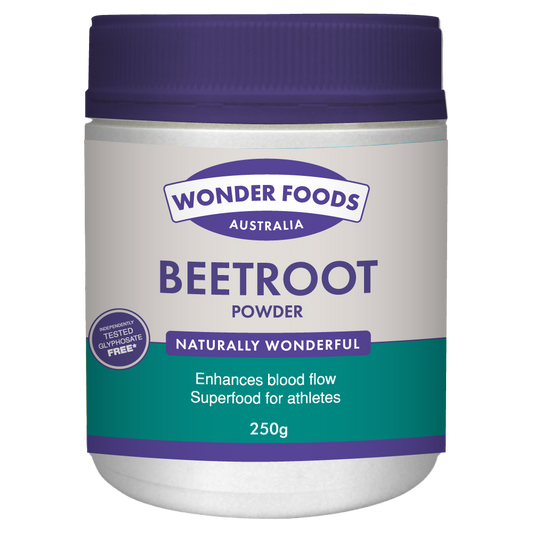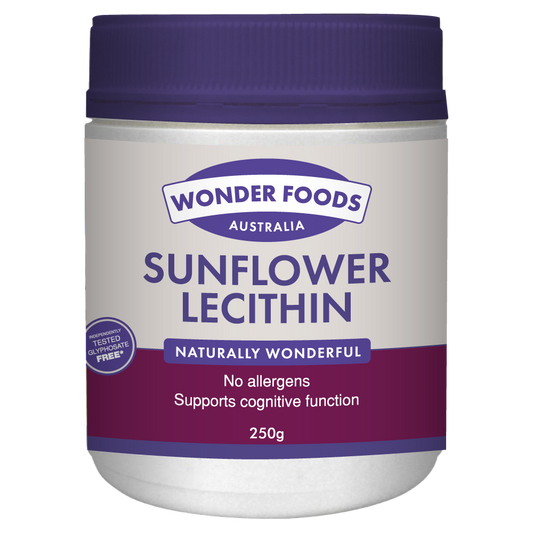
How does Naturopathy Work?
Naturopathic medicine is commonly known as Naturopathy. And how Naturopathy works is it harnesses the body's innate ability to heal itself using natural remedies.
This system of healing is deeply rooted in time-tested traditions and has evolved to incorporate modern science and research.
Let's take a closer look at how Naturopathy works and why it's gaining recognition as a valuable complement to conventional medical practices.
What are the 5 Principles of Naturopathy?
1. First, Do No Harm: Naturopathic therapies are chosen to minimise the risk of side effects, avoiding invasive procedures or treatments that may cause harm. This aligns with the principle of using the least force necessary to diagnose and treat.
2. The Healing Power of Nature: Central to Naturopathic philosophy is the belief that the body has an inherent ability to heal. Naturopathic doctors (NDs) work to facilitate this healing process by removing obstacles to health and providing the conditions needed for recovery.
3. Identify and Treat the Root Cause: Naturopaths are like health detectives, aiming to uncover the underlying causes of an ailment rather than just addressing the symptoms.By understanding the root cause, they can develop more effective and lasting treatment plans.
4. Treat the Whole Person: Naturopathy acknowledges the interconnection of physical, mental, and emotional health. Practitioners focus on addressing the complete well-being of an individual, not just their immediate health concern.
5. Doctor as Teacher: Naturopathic doctors are not just healers but educators. They empower their patients with the knowledge and tools needed to take control of their health.
Naturopathic Therapies
Naturopathic medicine employs a wide range of therapies, which may include:
- Herbal Medicine: Herbal remedies are a cornerstone of naturopathic care. These natural substances, like inulin or guar gum, are used to address various health concerns, often with fewer side effects than pharmaceuticals.
- Nutritional Counselling: A balanced diet is essential for overall health. Naturopaths provide personalised nutritional guidance to help patients make informed dietary choices.
- Hydrotherapy: The therapeutic use of water in various forms, such as baths or wraps, can help alleviate pain and support the healing process.
- Physical Medicine: Physical therapies like massage, exercise, and chiropractic adjustments are utilised to enhance the body's functioning.
- Acupuncture: This ancient practice involves inserting fine needles into specific points on the body to stimulate healing and balance energy flow.
How Naturopathy Works
Incorporating natural remedies, lifestyle modifications, and alternative therapies, Naturopathic medicine seeks to create a harmonious environment within the body for healing to occur.
By treating the root cause and focusing on the complete well-being of the individual, naturopathy offers a complementary approach to healthcare that empowers patients to take an active role in their journey to holistic health.
While Naturopathic principles have ancient roots, they are continually evolving with advances in medical research. This ensures that Naturopathic medicine remains a dynamic and effective approach to health and well-being in the modern world.
Remember that this blog post provides an introductory overview of Naturopathy.











